Police explain why accident vehicles stay parked for long at stations
Kananura says even when the Resident State Attorney, depending on the magnitude of the case, guides that the case is minor, “we as police officers are still mandated to verify ownership of the vehicle. There must be proof that the vehicle belongs to the person claiming it. This is because you may hand over a stolen vehicle to the wrong person.”
Some of the imponded accident vehicles parked at Nateete Police Station. (Credit: Harriet Birungi)
According to Kananura, by law, a vehicle is required to be parked at the station for six months and then disposed of. However, if the case is open (before the Deputy Police Commander), one cannot dispose of it. (All Photos by Harriet Birungi)
KAMPALA - Have you ever wondered why vehicles involved in accidents are parked at police stations and within the vicinity? Some for years.
They are not just an eyesore, but also a major menace to traffic flow. They are the most obvious indicator that you have arrived at a police station. At Natete Police Station, for example, many of these vehicles occupy the pedestrian walkway or roadside, requiring you to exercise a lot of caution when walking along that side of the road.
Who owns these vehicles? Why have they been parked there for years?
David Twebaze, a motorist, owns one of the vehicles impounded at a police station in Mbarara.
“It’s been years since my Toyota Ipsum — which I had acquired on hire purchase — was involved in an accident and has been parked at the police station. I stopped trying to claim it seven years ago. The bureaucracy became too much for me to handle, and I realized even the money to repair it I would never get,” he says.
Twebaze adds: “See, when I bought it, I thought it would be a taxi and I would pay it off as I worked. The person who sold it to me third‑hand died three months after the hire‑purchase agreement. I stayed in hospital for eight months, treating accident injuries. I didn’t have the logbook to prove ownership, and each time I went to the police station it was a nightmare when they asked for additional information on how I was to compensate the accident victims. I gave up on claiming it and now it’s just one of many vehicles parked at one of the police stations.”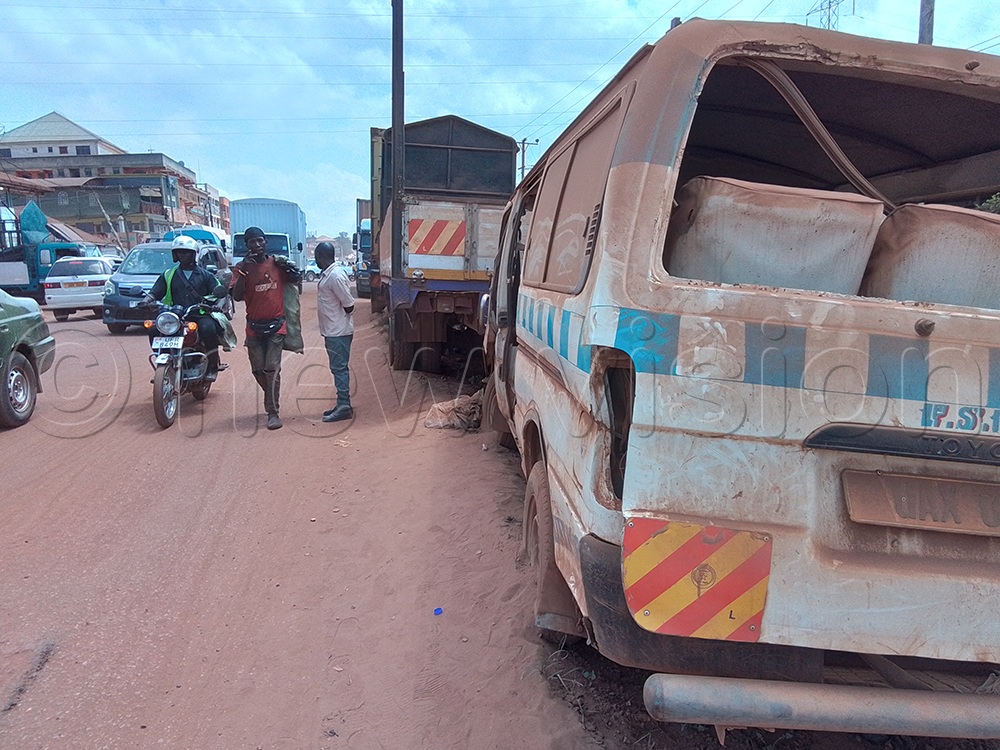
Traffic police speak out
According to SP Micheal Kananura of the Traffic & Road Safety Directorate, all vehicles involved in a crash must be brought to the police station. However, there are many reasons why vehicles end up parked for years.
“One of the reasons is when we don’t know or cannot establish who was driving the vehicle. Yes, there was an accident, but the driver fled the scene, so such a vehicle has to be parked while investigations are carried out. Sometimes, the driver reports to police but is not the registered owner. Other times, the vehicle may not be fully registered in Uganda, and it is hard to determine who the owner is. It could even be a stolen vehicle or motorcycle in the possession of Ugandans who won’t own up and therefore have no proof of ownership in the form of a logbook or sales agreement.”
According to Kananura, by law, a vehicle is required to be parked at the station for six months and then disposed of. However, if the case is open (before the Deputy Police Commander), one cannot dispose of it.
“The reason is that every car involved in an accident should be brought to the station, because there has been a crash and it must be investigated to determine the cause. Sometimes there are victims who need assistance. So the first thing done after a crash is to tow the vehicle and bring it to the station; if there are injured people, they are taken to hospital, and if there is loss of life, the bodies are taken to the mortuary.”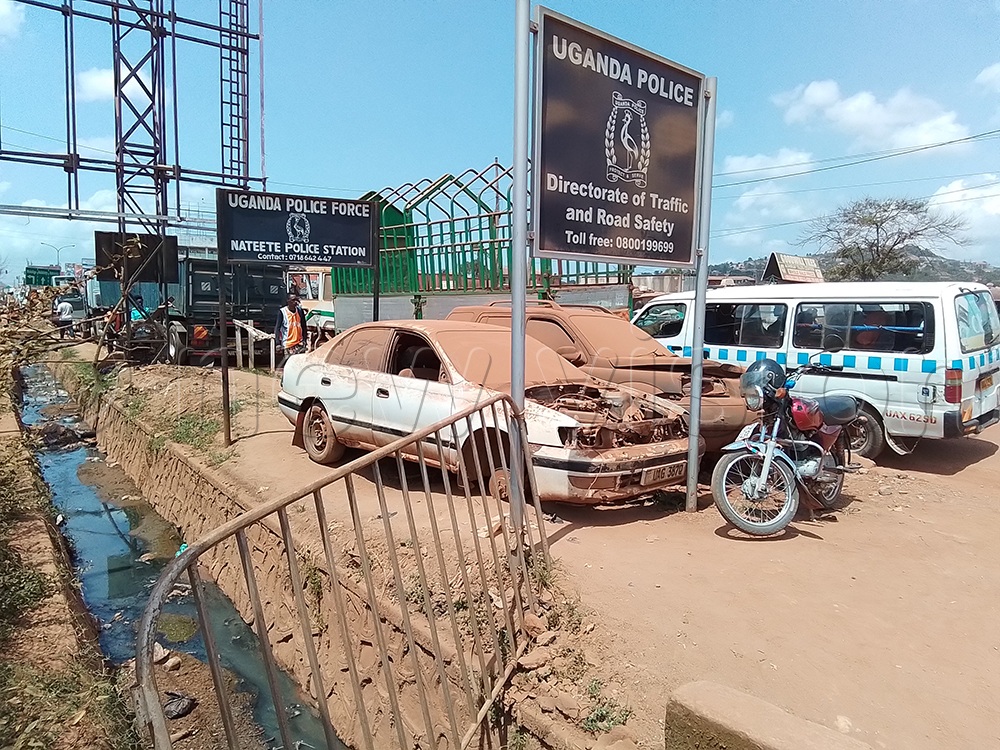
He says the issue doesn’t end with the police; other stakeholders, like the Directorate of Public Prosecutions, are involved in advising on the course of action, and then investigations start.
The authorities will want to know what caused the crash, who was involved, and who needs compensation, among other things.
On the advice of the DPP, Kananura says, there are times when cases are settled out of court if the parties reach an agreement — and then the vehicles are released. However, a vehicle can stay at the station for a long time, pending investigation. He says the inspector checks the vehicle and confirms that it was indeed involved in a crash by examining the damage it presents.
For the requirements for the vehicle to be inspected, Kananura says: “It must have an original logbook, which is the proof of ownership of the vehicle. Once this is established, it is forwarded to the Inspector of Vehicles to ready the car for inspection. Without a logbook, it is hard for us to have the vehicle inspected.”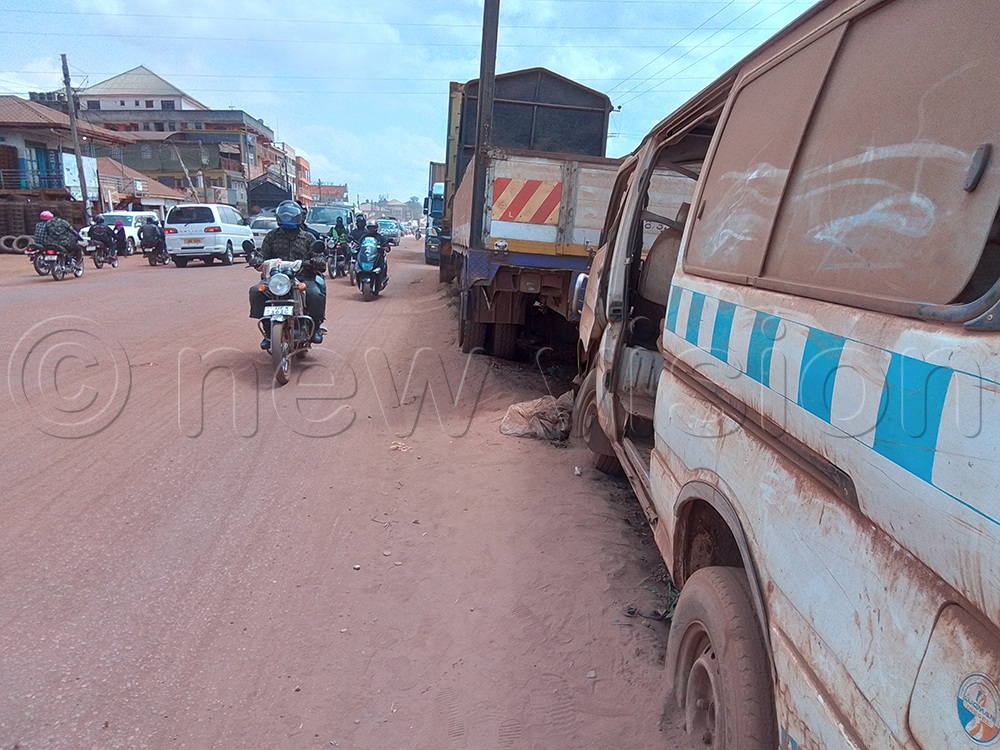
He says even when the Resident State Attorney, depending on the magnitude of the case, guides that the case is minor, “we as police officers are still mandated to verify ownership of the vehicle. There must be proof that the vehicle belongs to the person claiming it. This is because you may hand over a stolen vehicle to the wrong person.”
According to the traffic officer, when a crash occurs, many things happen; for example, it may not be easy to tell who was driving at the time. He says there are cases where drivers are staged in an attempt to defeat justice, so the culprits bring people who were not driving at the time of the accident.
“Sometimes at the time of the crash, the driver did not have a permit, so they fronted someone who has one. So with all these investigations that must be done, a vehicle can stay parked for a long time.”
Kananura adds: “We also don’t want to rush because we have recorded cases where traffic officers are tasked to pay for vehicles that were handed over to the wrong person. In short, it takes time to determine who is the rightful owner of a given vehicle before it is released.”
He, however, says there are situations where, in a crash, all people involved have died.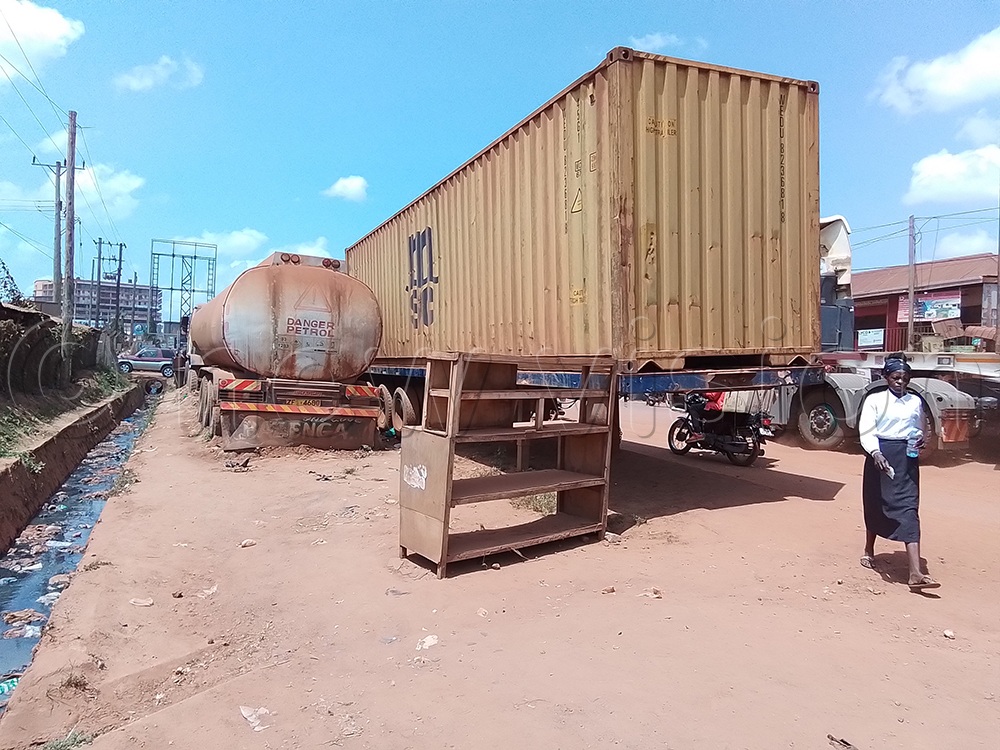
“We expect anyone who comes to claim such a vehicle to present letters of administration. This takes families time to process the documentation to prove their claim and bring it to Police. So, such scenarios cause motor vehicles to be delayed at the police station.”
It is also important to note that not all vehicles parked at police stations belong to traffic cases. Some are for CID, crime intelligence, and suspected stolen vehicles (released once ownership is proven).
Legally, how long should a vehicle be parked at the station?
Kananura says as long as a person has proof of ownership, the vehicle can be released to you. However, there are times when the case is in court.
“Depending on the magnitude of the case, the vehicle may come back. But we also know that the vehicle may be released, and the person later disappears. So such scenarios require that the vehicle stay longer than the legally stipulated six months, following advice from the DPP. In most cases, when vehicle inspection has been completed, there is no reason for it to stay parked at the station.”
He says the duration a vehicle can stay in custody often goes over nine years, and that it’s the law that when a vehicle stays longer than six months, it should be auctioned, but they choose to go slow with vehicles that have been involved in accidents.
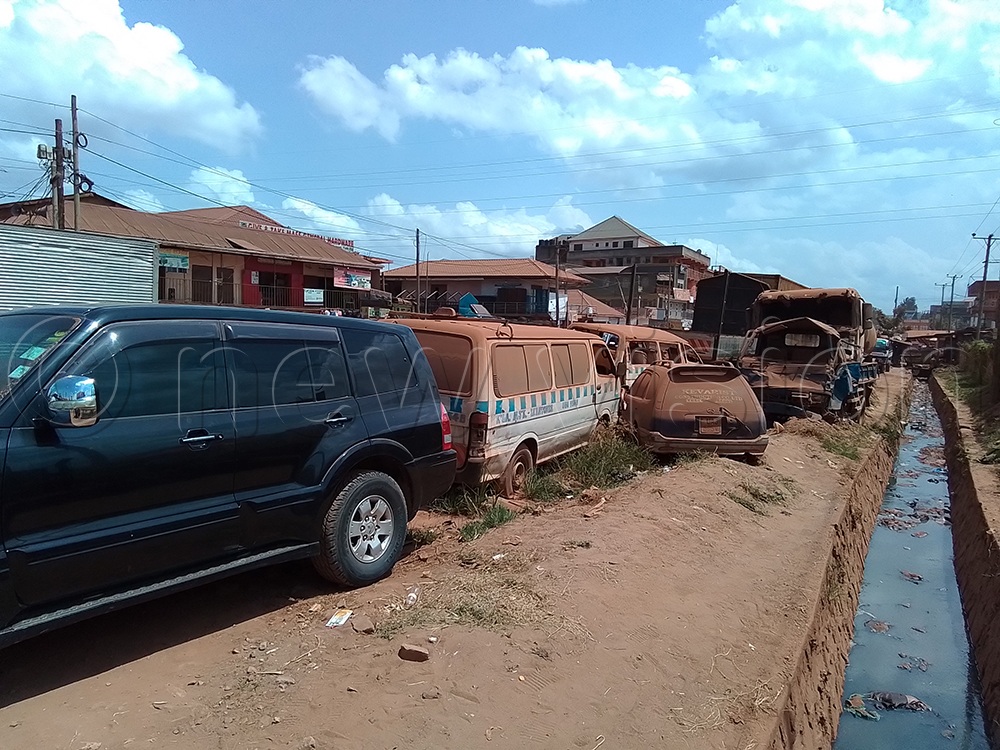
“They may be involved in an ongoing case in court, and therefore, we have to wait. We rarely auction such vehicles because we believe the owners will come at a certain time. However, we also don’t just release a vehicle once you present a logbook. We know people can forge logbooks from Nasser Road. We take time to verify with the Uganda Revenue Authority whether it’s an authentic logbook. That’s why we encourage motorists to have vehicles transferred into their names after purchase. Failure to have it transferred can have major impact on the bearer of the logbook.
“In case of a crash, the victims will sue the person whose name appears on the logbook. So, it is to your advantage as the person who sold the vehicle that the current owner’s name appears in the logbook. As the vehicle exchanges hands, ensure the transfer to the current owner is effected. For any charges that come up, the vehicle owner bears responsibility.”
As part of the verification process, a sales agreement can also be presented in case you haven’t made a transfer, according to Kananura. “Get the sales agreement attached to the logbook and present it to police. From this, we can accurately confirm the vehicle’s ownership. But we also look at the nature of the case and refer to the guidance of the State Attorney before the vehicle is released.”
He says, however, even if there is no case in court, a vehicle may stay longer than six months because of other factors, such as the vehicle owner being in hospital for years, nursing accident injuries, or being abroad for medical treatment. “So, we cannot dispose of the vehicle hurriedly. By the time we do auction it, the vehicle may have been parked for over nine years. And that means the owner could have died, there may be no people to trace for the vehicle, or they may have given up. It’s vehicles that have stayed too long that get auctioned.”
Are vehicles retained for long at the station to be used for spare parts?
Kananura says he is not aware of such practices: “But when a vehicle is parked at the station, the Deputy Police Commander is responsible for its security. We don’t expect the vehicle to go missing. It must be maintained in the condition it arrived in. The vehicle owner expects to get their car the way they left it. If anything changes, the DPC is answerable. So, when it’s brought in, the police officer must take note of everything that has been brought in. On return to claim the vehicle, you must find it the way you left it.”